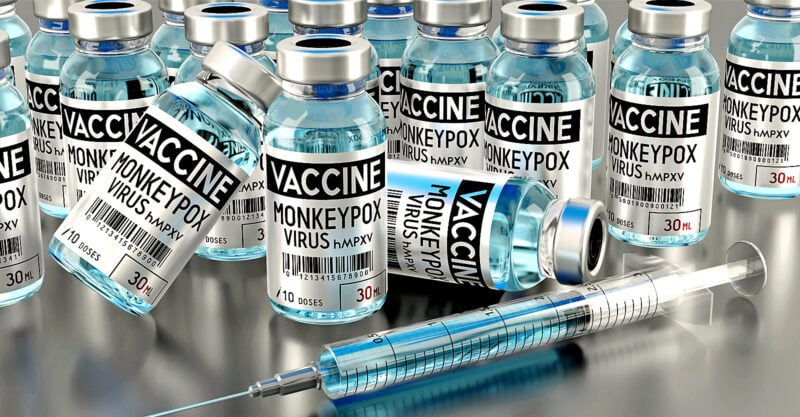By Muhammad Amaan with agency report
The Head of the Congo’s Mpox response team, Mr Cris Kacita said more awareness needed to be done to boost vaccine uptake, adding that the ongoing vaccination campaign would last longer than the planned 10 days.
He said the awareness campaign has been carried out, but only timidly, adding that they are gaps that need to be filled.
Congo launched an mpox vaccination campaign this month in the hard-hit east, however a Reuters reporter at a vaccination site in North Kivu province found that locals seemed unaware or suspicious of the shots.
Residents in North kivu described receiving no information about the inoculation efforts.
“I know nothing about this vaccine. No one has come to educate me about any vaccination against mpox,” Simon Ngagijimana Chui, the camp chief, said.
Congo’s mpox vaccination campaign is a key step in efforts to contain the outbreak at its epicentre, from where it has spread to numerous other African nations this year.
The campaign’s scope has been narrowed to start due to limited supply, with just 265,000 doses currently available in the country of around 100 million people.
Health workers in Kibati have recruited local advocates who have been vaccinated and are trusted by the community to promote the benefits.
A volunteer, Benire Furahini Buchaguzi, 22, uses a loudspeaker to spread her message.
“I bring my vaccination certificate to the community to show them that I have received my vaccine and to encourage them,” she said.
Mpox can spread through close contact and typically causes flu-like symptoms and pus-filled lesions on the body. While usually mild, it can be fatal.
Florence Frebo Uwimana, a young mother listening to Buchaguzi, said it was the first she had heard of the vaccination campaign.
“They just tell us to quickly bring anyone showing symptoms to the hospital, but no one talks to us about the vaccine,” she said.
Africa has reported over 42,400 suspected and confirmed mpox cases and 1,100 deaths since the start of 2024, the Africa Centres for Disease Control and Prevention said on Thursday. The vast majority of these have been in Congo.
In Goma, the provincial capital, healthcare workers are concerned the lack of information will undermine efforts to contain the disease.
“Perhaps they haven’t been informed about this vaccine,” said Dr Hassan Amisi Djuma, a public health expert working in the city.
“If the population hasn’t been informed about a disease, the risk is it may spread among them,” Djuma stated.




